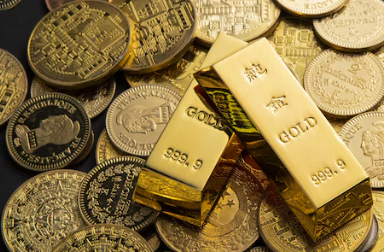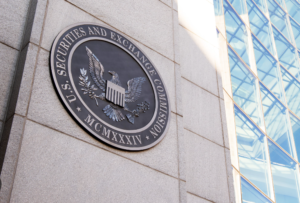$GLD $GBPUSD $XAU
#Gold #GBP #BoE #InterestRates #Inflation #UKEconomy #MonetaryPolicy #Forex #EconomicWeakness #PreciousMetals #CentralBanks #MarketNews
Gold prices have advanced against the British pound following the Bank of England’s unexpected move to hold its key interest rates steady. This decision comes as the central bank faces a challenging backdrop of persistently high inflation coupled with signs of weakening economic activity in the United Kingdom. As investors reassessed the policy stance, gold, a traditional safe-haven asset, found support amid the dovish undertones from the BoE’s rate freeze. The decision to maintain the bank rate at 5.25% signals concerns about the fragility of the UK’s economic recovery, despite inflation rates remaining well above the central bank’s 2% target.
The BoE’s pause comes at a critical juncture for the British economy. Inflation remains sticky, with consumer prices rising at annualized levels above 6%, far exceeding historical norms. Yet, economic growth indicators have shown troubling signs, with recent data reflecting stagnation in industrial output and a cooling labor market. This dual challenge creates a precarious balancing act for policymakers. While the inflationary pressures might have warranted another rate hike, the risks of tipping the economy into a recession have evidently prompted a more cautious approach. For gold traders, the BoE’s hesitation provided an opportunity to capitalize on the mixed economic signals, further underpinning the yellow metal’s appeal as a hedge against uncertainty in the currency markets.
Gold’s upward move against the British pound also aligns with broader shifts in global investor sentiment. Higher interest rates in the UK earlier this year had strengthened the pound, reducing gold’s relative attractiveness to investors trading in sterling. However, with the BoE signaling a more measured tone compared to other central banks like the U.S. Federal Reserve, the currency’s momentum has weakened, creating room for commodities like gold to gain ground. Additionally, geopolitical uncertainties and concerns about global growth prospects have driven renewed demand for tangible assets, enhancing the metal’s allure in a risk-averse environment.
Looking ahead, gold’s performance against the pound will likely remain sensitive to evolving macroeconomic data and monetary policy signals from the BoE. Should UK inflation remain stubborn or economic activity deteriorate further, market expectations for future rate hikes could diminish further, reinforcing demand for safe-haven assets like gold. Conversely, if inflation data surprises to the downside or GDP growth rebounds meaningfully, the pound may recover losses, tempering gold’s rally. Nonetheless, in today’s environment of heightened economic and monetary uncertainty, gold’s role as a hedge against both inflation and currency volatility appears firmly intact, leaving it well-positioned for ongoing investor interest.











Comments are closed.